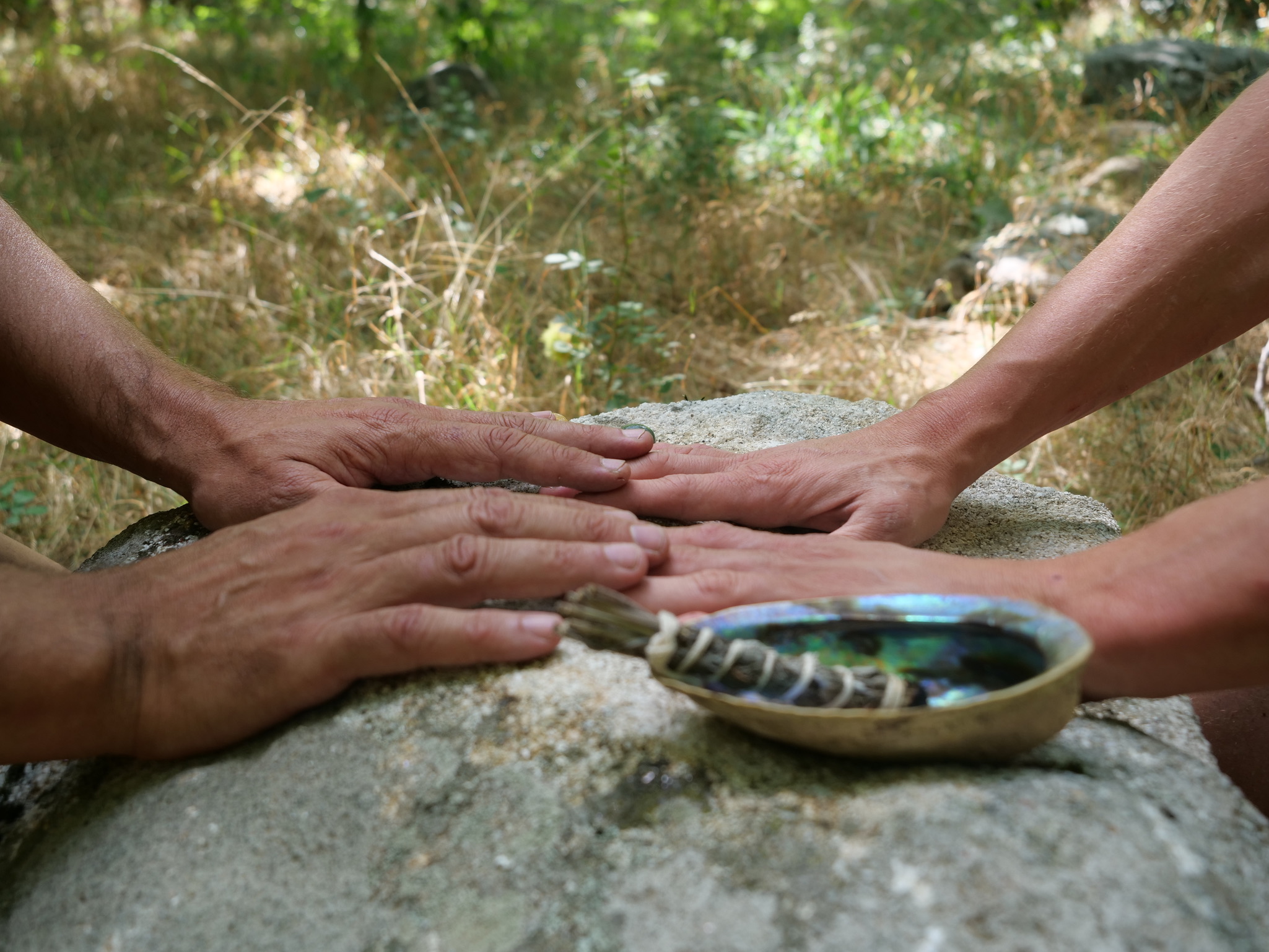When words fall short, overwhelming experiences are sometimes stored in the form of haunting images that resurface as nightmares and flashbacks. Psychological consequences of a traumatic event can range from anxiety, depression, to re-experiencing. Issues with concentration, social isolation, a poor self-image, a lack of emotional control, or relationship problems may also arise.

Eye Movement Desensitization Reprocessing (EMDR)
This is a strong treatment method for individuals who have experienced one or more distressing, shocking, or life-threatening events. Mainly applied to symptoms resulting from trauma or PTSD, it helps guide you through challenging experiences. This technique is particularly effective, ensuring that your trauma no longer hinders your development. It can be accomplished relatively quickly, without extensive conversations. How comforting would that be?
It combines successful elements from other therapies, including behavior and cognitive therapies, with a distracting task such as following the therapist's fingers with your eyes. This stimulates the natural processing system in the brain. EMDR's effectiveness in treating PTSD has been extensively researched, making it one of the most evaluated treatments for psychological trauma. With a single trauma, the emotional charge is often alleviated after a few sessions. Treatment may take longer for more complex issues and individuals who have experienced prolonged trauma.
Resource Development & Installation (RDI)
This intervention aims to enhance your personal resilience. During this session, we focus on positive experiences and add resources and qualities, enabling you to better handle challenging situations. The emphasis is on strengthening existing qualities and abilities, such as self-esteem, courage, strength, perspective, humor, etc. It can also be used as a preparatory step for EMDR, providing increased resilience for an EMDR session, for example.
RDI is also suitable as a standalone therapy. Focusing on qualities you already possess, you can reinforce them in a few sessions, allowing you to approach obstacles with greater self-confidence. It has proven effective for issues like performance anxiety, presentation anxiety, insecurity in dealing with superiors, engaging in difficult conversations, or feeling uncertain in group situations. It is also effective for overcoming fear of failure, shame, or a sense of inferiority.
Body Tapping Technique (BTT)
Scientific studies show that tapping helps release negative emotions and stress from the brain and body. Additionally, it calms and regulates our central nervous system.
The principle is simple. We sit facing each other, and I tap on your fingers. This induces calmness and a sense of security, creating space for the mental exercises that follow. You learn to place the obstacle or blockage you feel beside you. The issue may coexist, but it shouldn't obstruct your view of your developmental path. With the mental exercises, you put the issue aside, allowing you to work with it without hindrance. This session is beneficial as it immediately sets things in motion. It is accessible, yields immediate results, and operates from a positive perspective. We explore possibilities. In a relaxed manner, you connect more with yourself and your life's web. You balance your self-image with the developmental phase you are currently in, feeling more liberated to let your creativity flow, enabling you to address your challenges.
We live in a time of significant questions about how we should interact with each other and the Earth. This generates stress due to uncertainty about the future and the complexity of these issues. This approach will managing stress and its consequences, such as insomnia, burnout symptoms, pre-climate despair, ecological fears, or climate anxiety.

